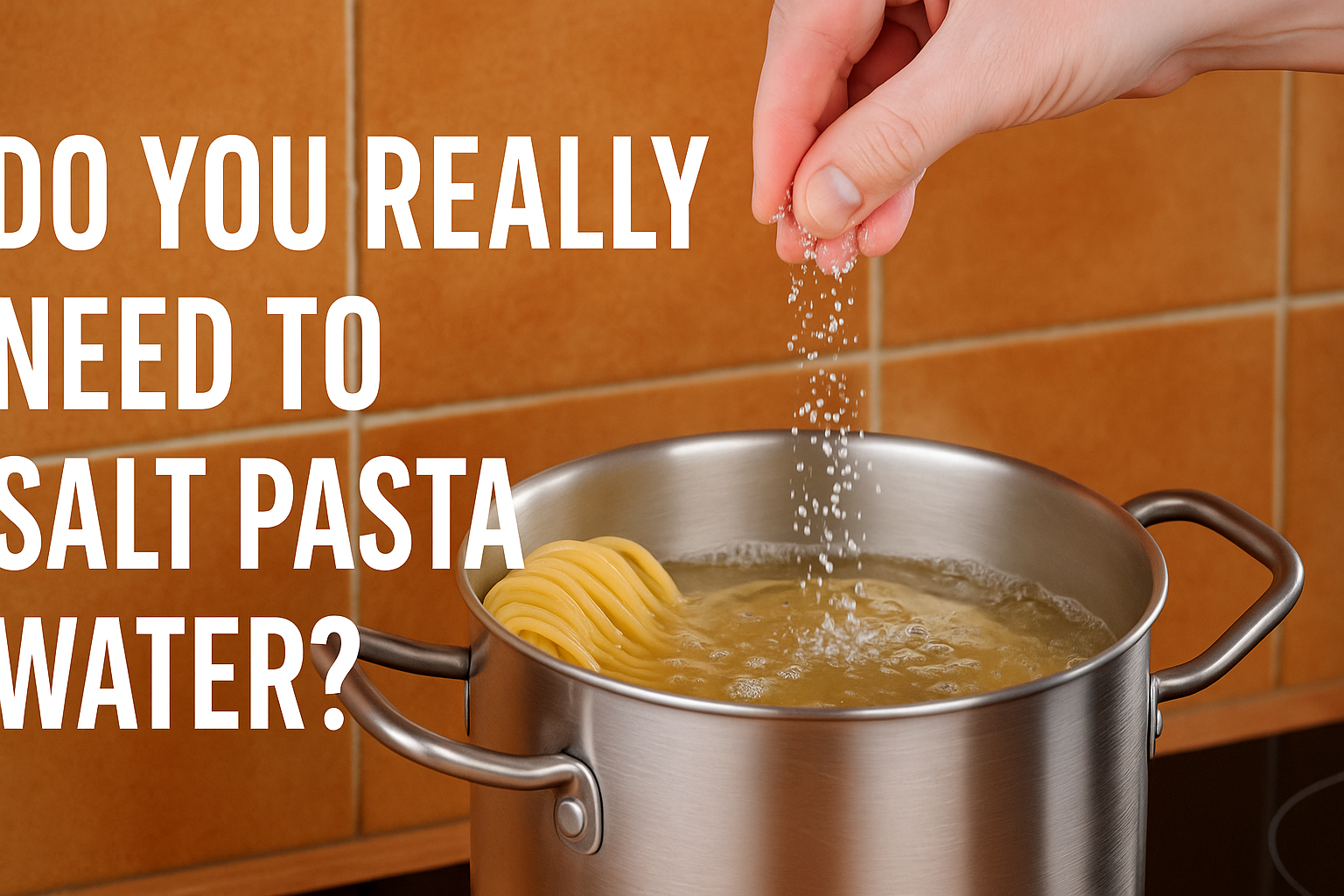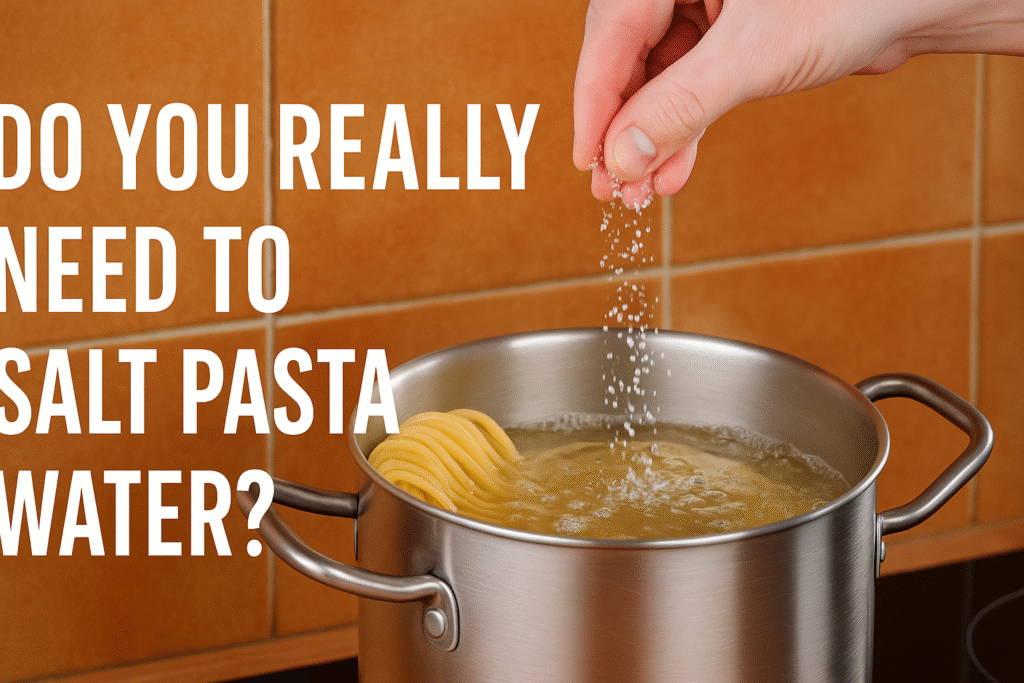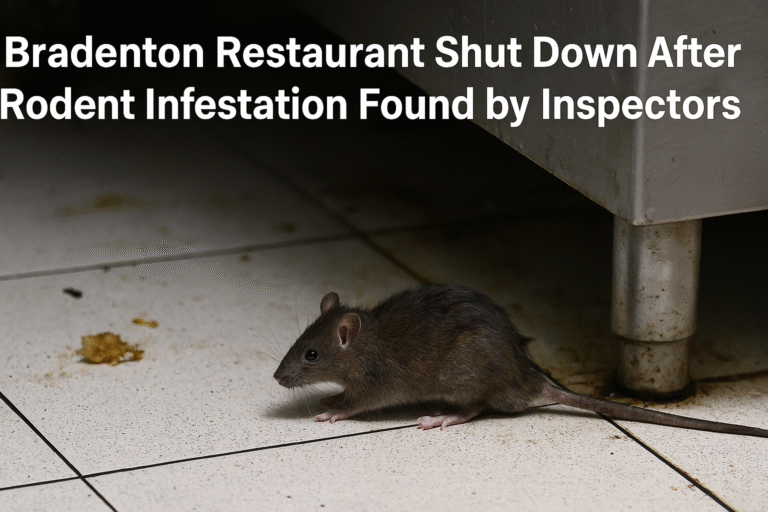
Cooking pasta seems simple: boil water, toss in noodles, and wait. But ask any seasoned cook, and they’ll tell you that there’s one non-negotiable step—salting the pasta water. But do you really need to salt pasta water, or is it just another culinary myth passed down from kitchens worldwide? Let’s dive deep into this tasty debate.
Why Salting Pasta Water Matters

When we talk about salting pasta water, most people think it’s just about taste. And while flavor is the primary reason, it’s not the only one. Here’s why chefs and home cooks insist on it:
1. Flavor from Within
Pasta is like a sponge—it absorbs water while cooking. If the water is plain, the pasta itself will be bland, no matter how flavorful your sauce is. Salting ensures the pasta is seasoned from the inside, making each bite tastier.
2. Perfect Balance for the Sauce
Think about it: you pour a delicious sauce over pasta, but if the noodles are flavorless, the dish won’t reach its full potential. Well-seasoned pasta enhances the sauce rather than just carrying it.
3. Texture Enhancement
A little science here—adding salt slightly raises the boiling point of water, making it hotter. While this effect is small, it can help pasta cook more evenly and give it a better bite.
4. Professional Culinary Standard
In restaurants, pasta water isn’t just salted; it’s salted generously. Chefs often say it should taste “like the sea.” That’s because pasta is the foundation of the dish, and if it’s bland, the entire plate suffers.
How Much Salt Should You Use?
This is the golden question. The answer depends on personal preference, dietary needs, and the type of pasta.
- The Classic Rule: About 1 tablespoon of salt per 4 quarts (16 cups) of water.
- Chefs’ Advice: Some chefs go higher, recommending 1.5–2 tablespoons.
- Health-Conscious Option: If you’re watching sodium intake, you can cut it in half and still notice a difference.
👉 Tip: Use kosher salt or sea salt for best results. Table salt can be too sharp and dissolve unevenly.
Common Myths About Salting Pasta Water
Let’s clear up a few misconceptions:
❌ Myth 1: Salt Prevents Pasta from Sticking
Not true. Sticking happens if you don’t stir pasta during the first couple of minutes of boiling. Salt doesn’t play a role here.
❌ Myth 2: Salt Makes Water Boil Faster
Actually, salt slightly raises the boiling point, so technically it makes water boil slower. But the difference is negligible—it won’t delay your dinner.
❌ Myth 3: You Can Skip Salt if Sauce is Flavorful
Wrong again. The sauce may be tasty, but pasta that isn’t seasoned properly will still taste flat. Salted pasta and sauce should work together in harmony.
What Happens If You Don’t Salt the Water?
Imagine this: you’ve spent time making a beautiful homemade sauce, but your pasta is underwhelming. That’s exactly what happens when you skip salt. The noodles will lack depth, and the sauce won’t cling as well. It’s not “inedible,” but it won’t feel like an authentic Italian plate of pasta either.
When Can You Skip Salting?
Of course, there are situations where salting isn’t necessary:
- Medical Reasons – If you’re on a low-sodium diet.
- Pre-Seasoned Sauces – If your sauce is already salty (like soy-based or cheese-heavy).
- Experimenting with Flavors – Some fusion dishes may rely on other seasonings in the broth instead of salt.
In such cases, you can adjust seasoning after cooking.
Alternatives to Traditional Salting
If you’re concerned about sodium but still want flavor:
- Use herb-infused broths instead of water.
- Add a dash of garlic powder or onion powder to the boiling water.
- Try low-sodium salt substitutes available in stores.
Pro Tips for Perfect Pasta Every Time
- Bring Water to a Full Boil before adding pasta. This prevents stickiness.
- Salt After Boiling – Don’t add salt before water boils; it can pit your cookware.
- Taste the Water – It should be pleasantly salty, not overwhelming.
- Save Pasta Water – The starchy, salty water is perfect for thickening sauces and helping them cling to noodles.
- Don’t Rinse Pasta – Rinsing washes away surface starch and seasoning.
The Final Verdict
So, do you really need to salt pasta water? The answer is yes—unless you have dietary restrictions. Salting water is a small step that makes a huge difference in the outcome. It transforms plain pasta into a flavorful base, elevating the entire dish. In short: skip the salt, and you skip the magic.
FAQs
1. Can I add oil to pasta water instead of salt?
No. Oil prevents sauces from sticking to pasta and doesn’t season it. Always use salt instead.
2. How much salt is too much?
If your pasta tastes unpleasantly salty before adding sauce, you’ve overdone it. Stick to the “taste like the sea” guideline.
3. Should I salt fresh pasta water the same way as dry pasta?
Fresh pasta cooks faster and absorbs more water, so use slightly less salt than with dry pasta.
4. What type of salt is best for pasta water?
Kosher salt and sea salt are preferred for their clean flavor and easy dissolution. Table salt can work in a pinch, but adjust the quantity.
5. Can I salt pasta water after it’s already cooked?
You can sprinkle salt on top, but it won’t season the pasta evenly. Always add salt to the water before cooking.




